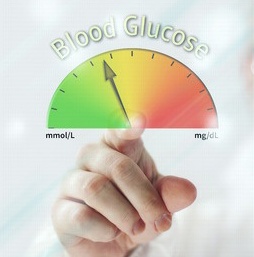Factors That Alter Sugar Levels
Your blood sugars are affected by a large number of things, including what you ate (especially refined “white” carbohydrates), how long ago you ate, your starting blood glucose level, physical activity, mental stress, illness, sleep patterns, and more.

Unexplained elevations in your blood glucose values despite maintaining a relatively consistent diet and exercise schedule can be perplexing.
Hormonal fluctuations brought on by illness, injury, surgery, emotional stress, puberty, menses and menopause can all affect blood glucose.
Physical or emotional stress triggers the release of hormones called catecholamines, which often cause hyperglycaemia (high blood sugar). Even if you don’t have diabetes, you can develop hyperglycaemia during severe illness. If you already have diabetes, you may need more insulin or other diabetes medications during illness or stress.
For children, insulin requirements increase with growth, particularly during puberty. This can, in part, be attributed to growth hormone as well as the sex hormones, oestrogen and testosterone.
For women, menstruation and menopause present unique challenges to blood glucose control sine oestrogen and progesterone can induce temporary resistance to insulin. Once menstruation begins, some women have hyperglycaemia, while others experience a sharp drop in glucose levels. During menopause, women often notice their blood glucose levels are more variable or less predictable than before.
